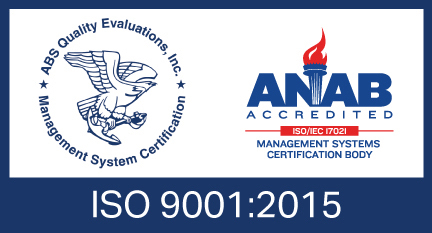Court interpreting basics
Court interpretation is a service provided by a court-certified interpreter trained to interpret between English and one or more foreign languages. Interpreters work with several different individuals in the court system, communicating directly with the individual they’re working with and providing a necessary line of communication between them and other court representatives.
Certified court interpreter carries much responsibility in their role. In addition to the words interpreted, an interpreter must provide the court with the correct context, tone, and connotation. As a result, anything they interpret from a given individual is taken as fact, putting pressure on the interpreter to ensure these communications are as accurate as possible.
Court interpretation can feature simultaneous and consecutive services, depending on the court’s circumstances and preferences. For example, while consecutive interpretation is preferred for a courtroom setting and one-on-one interviews, simultaneous interpretation facilitates more informal conversations.
In the United States, the most common type of court interpreter needed is one who can communicate between English and Spanish. But other language specialties are commonly required across the United States, serving non-native English speakers such as immigrants, refugees, tourists, and others.
Depending on the setting for these interpretive services, the hours and nature of court interpreting can vary widely from one job to the next. For example, courtroom interpreters are required when the court is in session. While depositions and other projects can demand long hours, including evenings and weekends, making the hours for this profession unpredictable.
Becoming a Court Certified Interpreter
Court interpreters must undergo rigorous education and training. Most court-affirmed interpreters have earned a bachelor’s degree focusing on a foreign language that could be useful in their interpretation work.
Once a bachelor’s degree is obtained, aspiring interpreters must complete a certificate program from a reputable organization such as the American Translators Association (ATA) or the National Association of Judiciary Interpreters and Translators (NAJIT). Specialized court interpreter certificate programs provide professionals with essential interpreting skills and an understanding of the U.S. legal system. They are crucial to helping clients hire credible interpreters for various projects.
Once interpreters have completed their court interpreter training, they can enter the workforce as professional interpreters. In this high-demand field, their specialized skills can support the mission of the U.S. court system.
How Can BIG Language Solutions Help You?
Are you seeking an experienced interpreter? At BIG Language Solutions, in addition to the certificate programs suggested in this blog, our interpreters must also obtain their ISO 17100 certification. ISO standards are developed and enforced by the International Organization for Standardization, a leader in establishing global standards across different industries, providing peace of mind when you partner with BIG. Contact us today to connect with an experienced court interpreter.








